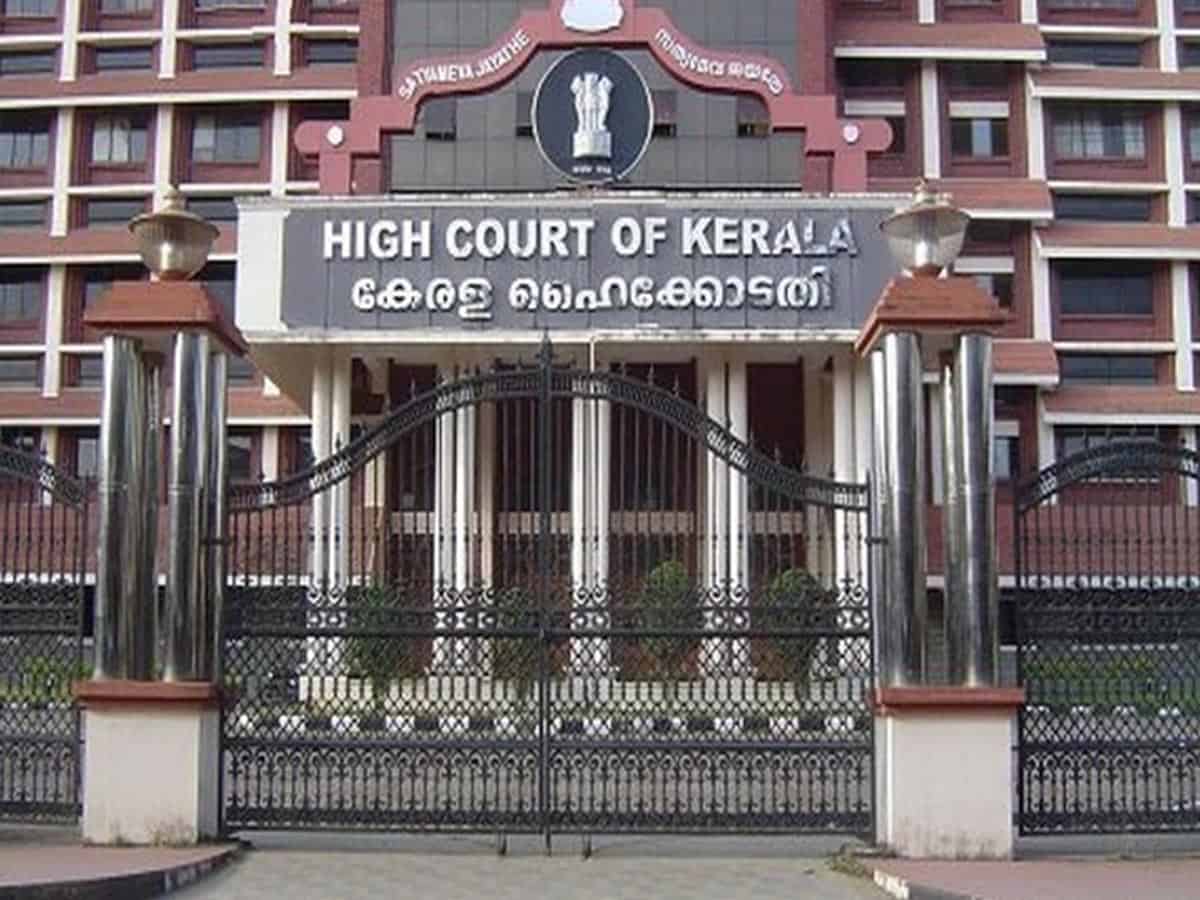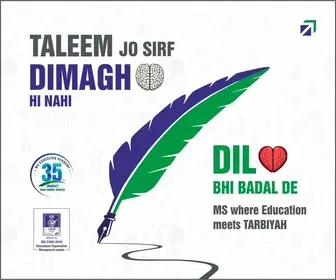
Kerala High Court on Monday, June 9, deferred a government order which mandated Hindi as the third language while replacing Mahal and Arabic in schools across Lakshadweep.
On May 14, the education department of Lakshadweep had issued an order according to which all schools in Minicoy Island would offer Malayalam and English as the first and second languages, while Hindi would replace the local language Mahal and Arabic as the third language. This led to widespread protests in the area.
The court, during the hearing, asked the Lakshadweep administration if any study had been carried out to determine the educational interests of the community, to which the administration replied negatively. However, the administration justified their move, saying that they issued their order in line with the 2023 National Curriculum Framework (NCF), which is part of the 2020 National Education Policy (NEP).
The division bench, chaired by chief justice Nitin Jamdar and Justice Basant Balaji said, “The point emphasized by the petitioner, which prima facie, we find merit in, is that for the implementation of the (National Education) Policy in a particular area, there has to be an application of mind and a study of local conditions to determine what is best for the educational interests of the community, in order to achieve the objectives of the policy.”
“The policy itself contemplates such an application of mind, noting that various factors are involved in the said decision. As contended by the learned counsel for the petitioner, a language holds deep cultural significance, and any changes could have serious ramifications,” the court added.
The court also noted that according to NEP 2020, out of the three languages taught in school, two have to be native to India, and added that no language shall be imposed and the choice will be given to the states, regions and students.
A public interest litigation (PIL) was filed by Ajas Akber, a social worker and president of the Lakshadweep Unit of the National Students Union of India, following the government order. Akber, in his petition, argued that Mahal was the exclusive language of the islanders of Minicoy Island and removing it from the curriculum challenged the constitutional rights of a minority community.
He went on to further point out that Mahal was being taught only in primary classes and was a foundation course to consolidate and uphold the tradition and culture of Minicoy, which happens to be a pure linguistic minority among the Union Territory.
In the case of Arabic, Akber argued that being an international language, it would help students secure jobs, especially in the Middle East. The court also noted that Arabic is a prescribed subject of study as per Kerala Education Rules, 1959 and Kerala curriculum framework.
The court, after hearing both parties, stayed the order for the pendency of the PIL and left it open to the Lakshadweep Administration to conduct appropriate studies on the issue.


